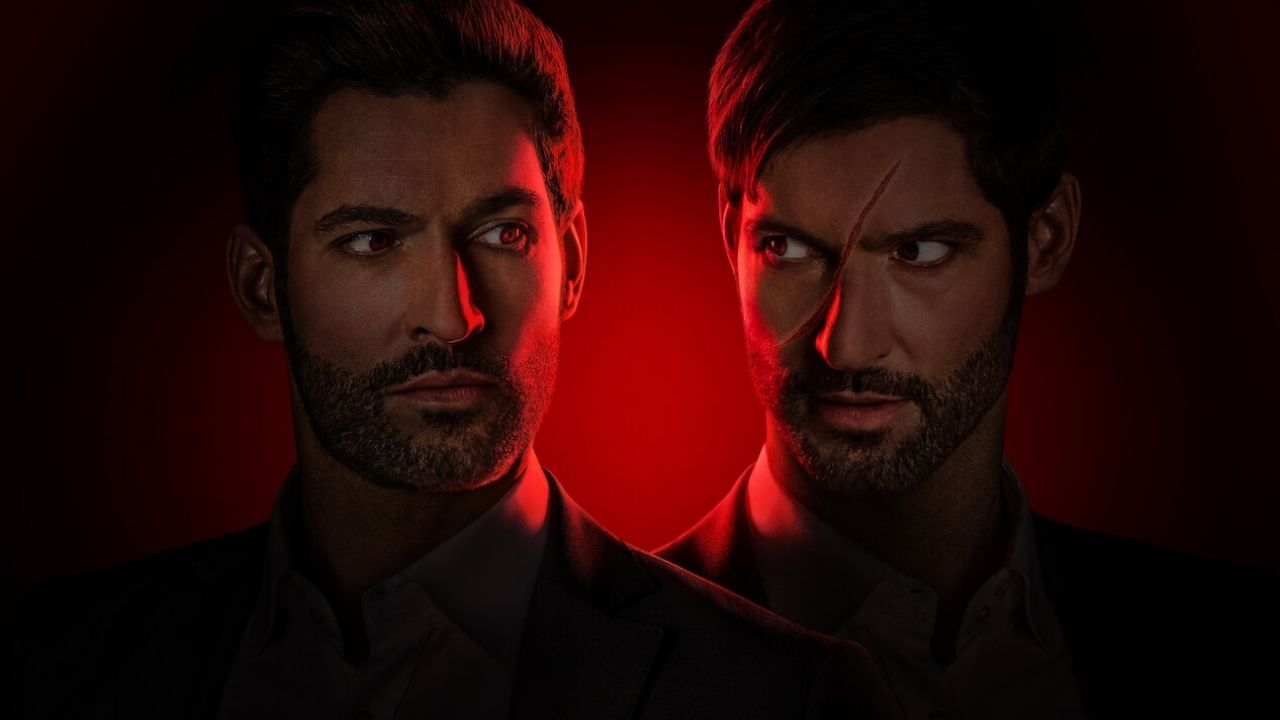They say the journey is more important than the ending. And for Lucifer that nailed its final moment, the road leading up to it was rather messy and unnecessary.
During Lucifer’s run, we’ve prayed our Hail Mary at multiple junctions that pointed to a dissatisfying conclusion. After all, Lucifer deserves a good ending. Perhaps not a happy one, but definitely a good one.
Season 6’s curveball was realizing that Rory is Lucifer’s daughter from the future, who only appears in the present due to Lucifer being an absent father all her life. The show forces us to believe that the event is a singularity that cannot be undone.
And this proves to be quite fatal for the storytelling logic.
Lucifer himself argues that “free will” which is so pivotal to the show would keep him from abandoning his daughter. He even “survives” August 4, the day of his great disappearing act. Until that is, Rory gets kidnapped by Le Mec.

Here, Lucifer gets convinced that it is his death at the hands of Le Mec that saves Rory and causes his disappearance at the beginning of the time loop.
This logic blinds him into willingly submitting to Le Mec, despite the fact that Lucifer could’ve overpowered him easily with him being “the Devil.”
This is a writing flaw that seriously puts a dent into the concept of free will, as Lucifer simply gives in to fate.
Of course, it doesn’t end with Lucifer’s great sacrifice (not this kind, at least) and Rory breaks free, disarming Le Mec, after which a wounded Chloe shoots him ensuring he goes straight to hell.
Still, in the aftermath, Rory theorizes that nothing has changed: Lucifer will leave and she doesn’t know why. This statement is the cornerstone around which Season 6 is built — the timeline cannot be straightened until Rory goes back.
The devil’s daughter consciously or subconsciously refuses to, until she finds a reason she thinks is acceptable for Lucifer’s disappearance.
In more ways than one, it is this stubbornness that eventually makes Lucifer leave Earth and “abandon” Chloe, Rory and the others. It is only when Rory accepts that Lucifer leaves to be Hell’s healer and save lost souls like hers, that she is taken back to her own present.

Before leaving, she tells the couple that the two must not make any changes to events yet to come. But when Lucifer points out that his disappearance is the cause of her anguish, she replies with, “It was my life, my choices.”
What is to say that even if Lucifer stuck to the time loop, Rory would make the same decisions as she first did?
Or, to play the devil’s advocate, that an alternative timeline wouldn’t result in Lucifer eventually being enlightened by his life’s purpose. After all, this sacrifice is not one he makes out of free will.
It is simply hard to believe that Lucifer would succumb to this decision without trying alternatives.
I was reduced to tears when Welcome to the Black Parade serenaded the show’s denouncement. Lucifer’s timeless journey prodding into his existential crisis finally brought him back home, to hell, as its healer instead of its ruler.
The culmination of his journey is a beautiful one and not what I had in mind when I first started the series, years ago. But it does remind us and Lucifer that him being the King of Hell was never a punishment.

It is also definitely better than being left hanging at the end of Season 3 or the disappointing turns of Season 5. (And hey! It even had a montage of happy endings!)
If there’s a lesson taught here, it’s that salvation comes at a price. Even then, Lucifer’s story could’ve done without the detours, several of which invalidated the events of the past or were simply anti-climactic.
A good ending, but with unresolved issues: might have to book a session with hell’s best therapist for this one.
About Lucifer
Lucifer is an American urban fantasy drama series created by Tom Kapinos. It is based on the DC Comics character from The Sandman, created by Neil Gaiman, Sam Kieth, and Mike Dringenberg. Warner Bros. Entertainment and DC Entertainment produce the series.
Originally premiered in 2016, Lucifer was picked up by Netflix when Fox canceled the show after three seasons. Lucifer is set to end with Season 6, which is rumored to air early in 2022.
The series revolves around Lucifer Morningstar (Tom Ellis), the Devil, who abandons Hell for Los Angeles, where he runs his own nightclub named ‘LUX’ and becomes a consultant to the LAPD. All the while working on his character development to be a better Devil/Angel.
The latest season featured the retirement of God, a lot of broken hearts and mending relationships, ambitious Angels, and the Devil taking it upon himself to right the wrongs of his dear ol’ dad, God.







No Comments on Lucifer Finale, Albeit Better than Previous Finales, Was an Anti-Climatic Mess